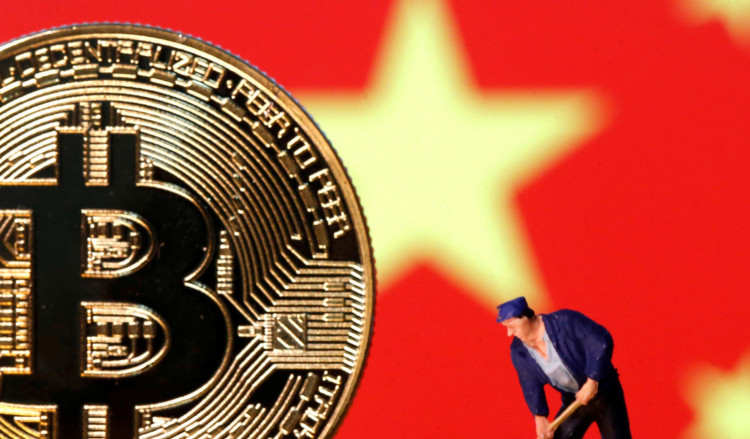This year, Bitcoin and cryptocurrencies effectively prompted central bankers and governments to take digital currencies seriously - although many take this with a grain of salt.
In the first half of this year, social media company Facebook's plans for a bitcoin-like version gave a substantial boost to the crypto's price, which failed to return to its all-time highs reached in late 2017 following a late December rally.
Now, China's long-awaited answer to Bitcoin and Facebook's libra is taking shape, with People's Bank of China announcing that the digital yuan won't be "for speculation or a basket of currencies' support " - leaving many frustrated and worried.
The currency is not for speculation, Mu Changchun, head of the People's Bank of China's Electronic Monetary Research Institute, disclosed during the weekend, according to official Shanghai Securities News and confirmed by China's South China Morning Post.
The digital currency is different from bitcoin or secure tokens that can be used for gambling or need the help of a currency basket, Mu said, adding that the top-level design, formulation, practical research and testing of the Digital Currency Electronic Payment was "already completed," with "the next phase" to carry out pilot programs.
The news, published by the South China Morning Post, was met with disappointment from Chinese social media users.
One said "no fun in it," while another added, "if you don't encourage me to speculate on the yuan's digital form, I'll speculate on other items, such as a foreign exchange."
Meanwhile, China's plans for a bitcoin rival have ignited concerns that Beijing will use the digital yuan to better control its people.
According to crypto analyst Andy Mukherjee, China's digital yuan is far larger than bitcoin. The electronic yuan, which may be available as soon as 2020, will be fully backed by the central bank of the world's second-largest economy. China's digital currency will also draw its value from the ability of the state to impose taxes in perpetuity.
Mukherjee also warned other nations will follow China's lead and that "anonymity will vanish when cash does." Last month, outgoing executive board member of the European Central Bank Benoit Coure, who last year described Bitcoin as "the evil spawning from the financial crisis," outlined proposals for a European central bank digital currency to rival Facebook's Libra.
With its well-earned reputation as internet currency, Bitcoin will only become more important as regions, countries, and companies attempt to control digital assets.





